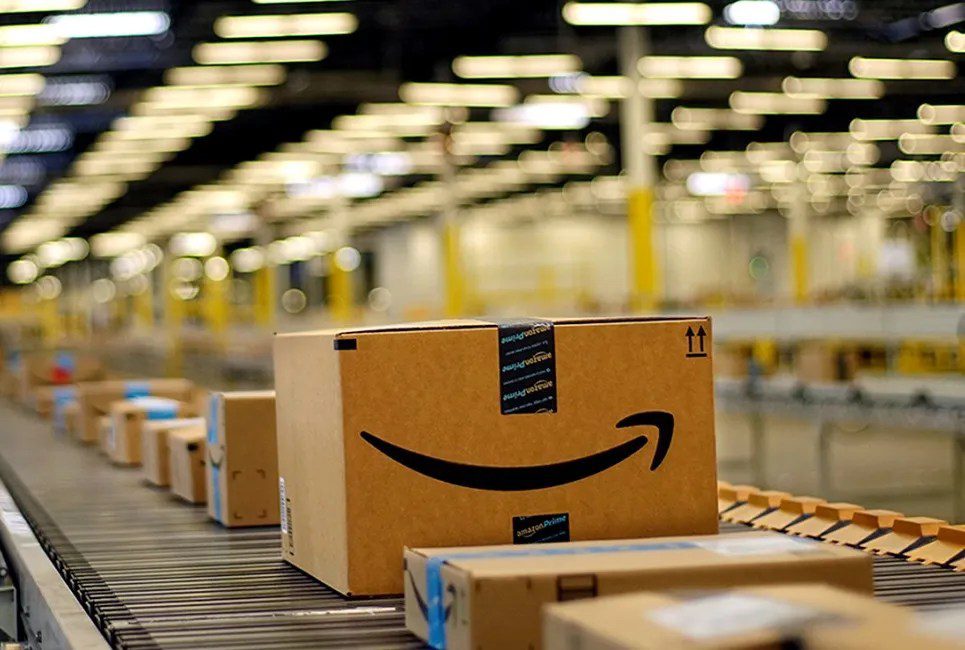
at and t sues ad industry watchdog AT&T has initiated legal action against the advertising industry’s regulatory body following a demand to cease using its rulings for promotional purposes.
at and t sues ad industry watchdog
Background of the Dispute
The conflict between AT&T and the BBB National Programs’ National Advertising Division (NAD) stems from a recent ruling that found AT&T in violation of advertising regulations. The NAD, which oversees the self-regulatory framework for the U.S. advertising industry, determined that AT&T had improperly leveraged the NAD’s findings in a video advertisement and accompanying press release. This ruling was significant as it highlighted the ongoing tensions in the competitive telecommunications market, particularly between AT&T and T-Mobile.
The NAD’s primary role is to address complaints from advertisers about misleading claims made by their competitors. By doing so, it aims to minimize government intervention and maintain a level of integrity within the advertising sector. However, AT&T’s decision to sue the NAD raises questions about the effectiveness of self-regulation in advertising and the implications for consumer trust.
Details of the Lawsuit
AT&T’s lawsuit against the NAD was filed in a federal court, asserting that the organization’s demand for the company to stop using its rulings in promotional materials infringes on AT&T’s rights. The telecommunications giant argues that the NAD’s actions are an overreach and that they undermine AT&T’s ability to communicate its position in a highly competitive market.
In its complaint, AT&T contends that the NAD’s ruling not only restricts its advertising strategies but also misrepresents the nature of its promotional content. The company claims that it has the right to inform consumers about the competitive landscape, especially when it comes to addressing perceived inaccuracies in T-Mobile’s advertising.
AT&T’s Position
AT&T has positioned itself as a champion of transparency and honesty in its advertising campaigns. The company has recently launched a series of ads that directly target T-Mobile, branding it as “the master of breaking promises.” This campaign is part of a broader strategy to differentiate AT&T from its competitors by emphasizing reliability and trustworthiness.
In a press release accompanying the ad campaign, AT&T highlighted that the NAD had previously requested T-Mobile to correct its marketing claims on 16 separate occasions over the past four years. This assertion aims to bolster AT&T’s argument that T-Mobile has a history of misleading advertising practices, thereby justifying its own promotional efforts to counteract these claims.
Implications for the Advertising Industry
The lawsuit has broader implications for the advertising industry, particularly concerning the self-regulatory mechanisms that have been established to govern advertising practices. The NAD’s role is critical in maintaining a balance between competitive advertising and consumer protection. If AT&T’s lawsuit succeeds, it could set a precedent that undermines the authority of the NAD and similar organizations, potentially leading to an increase in misleading advertising practices.
Furthermore, the case raises questions about the effectiveness of self-regulation in the advertising sector. Critics argue that if companies can challenge the decisions of regulatory bodies, it may lead to a situation where advertisers feel emboldened to make exaggerated or false claims without fear of repercussions. This could erode consumer trust and lead to a more chaotic advertising environment.
Competitive Landscape in Telecommunications
The telecommunications industry is characterized by fierce competition, particularly among the major players like AT&T, T-Mobile, and Verizon. Each company employs aggressive marketing strategies to capture market share, often leading to claims and counterclaims about service quality, pricing, and customer satisfaction.
AT&T and T-Mobile have a long history of engaging in competitive advertising wars, with both companies frequently accusing each other of misleading consumers. This ongoing rivalry has resulted in a series of high-profile ad campaigns that often blur the lines between fact and hyperbole. As a result, the NAD’s role in regulating these claims becomes even more critical in ensuring that consumers receive accurate information.
The Role of the NAD
The NAD operates under the premise that self-regulation is preferable to government intervention. By providing a platform for advertisers to resolve disputes, the NAD aims to foster a fair advertising environment. However, the recent lawsuit from AT&T raises concerns about the effectiveness of this model. If major corporations can challenge the authority of the NAD, it may weaken the organization’s ability to enforce advertising standards.
Moreover, the NAD’s findings are intended to serve as a guideline for ethical advertising practices. When companies like AT&T disregard these guidelines, it can lead to a slippery slope where the integrity of advertising is compromised. This situation could ultimately harm consumers, who rely on truthful advertising to make informed choices.
Reactions from Stakeholders
The lawsuit has garnered attention from various stakeholders within the telecommunications and advertising industries. Industry analysts have expressed concern about the potential ramifications of AT&T’s legal action. Some believe that if AT&T prevails, it could embolden other companies to challenge regulatory bodies, leading to a more fragmented advertising landscape.
Consumer advocacy groups have also weighed in on the matter, emphasizing the importance of maintaining strict advertising standards. They argue that misleading advertising can have serious consequences for consumers, particularly in an industry where service quality and pricing are often difficult to compare. These groups are calling for greater accountability from both advertisers and regulatory bodies to ensure that consumers are not misled.
Potential Outcomes
The outcome of AT&T’s lawsuit against the NAD remains uncertain. If the court rules in favor of AT&T, it could significantly alter the dynamics of advertising regulation in the telecommunications sector. On the other hand, a ruling in favor of the NAD could reinforce the authority of self-regulatory bodies and set a precedent for future cases involving advertising disputes.
Regardless of the outcome, this legal battle highlights the complexities of advertising in a competitive marketplace. It underscores the need for clear guidelines and effective enforcement mechanisms to protect consumers from misleading claims. As the telecommunications industry continues to evolve, the role of regulatory bodies like the NAD will be crucial in ensuring that advertising remains truthful and transparent.
Conclusion
AT&T’s decision to sue the NAD marks a significant moment in the ongoing battle between major telecommunications companies. The implications of this lawsuit extend beyond the immediate conflict, raising fundamental questions about the integrity of advertising and the effectiveness of self-regulation. As the case unfolds, it will be essential to monitor its impact on both the telecommunications industry and the broader advertising landscape.
Source: Original report
Was this helpful?
Last Modified: November 1, 2025 at 1:37 am
0 views















